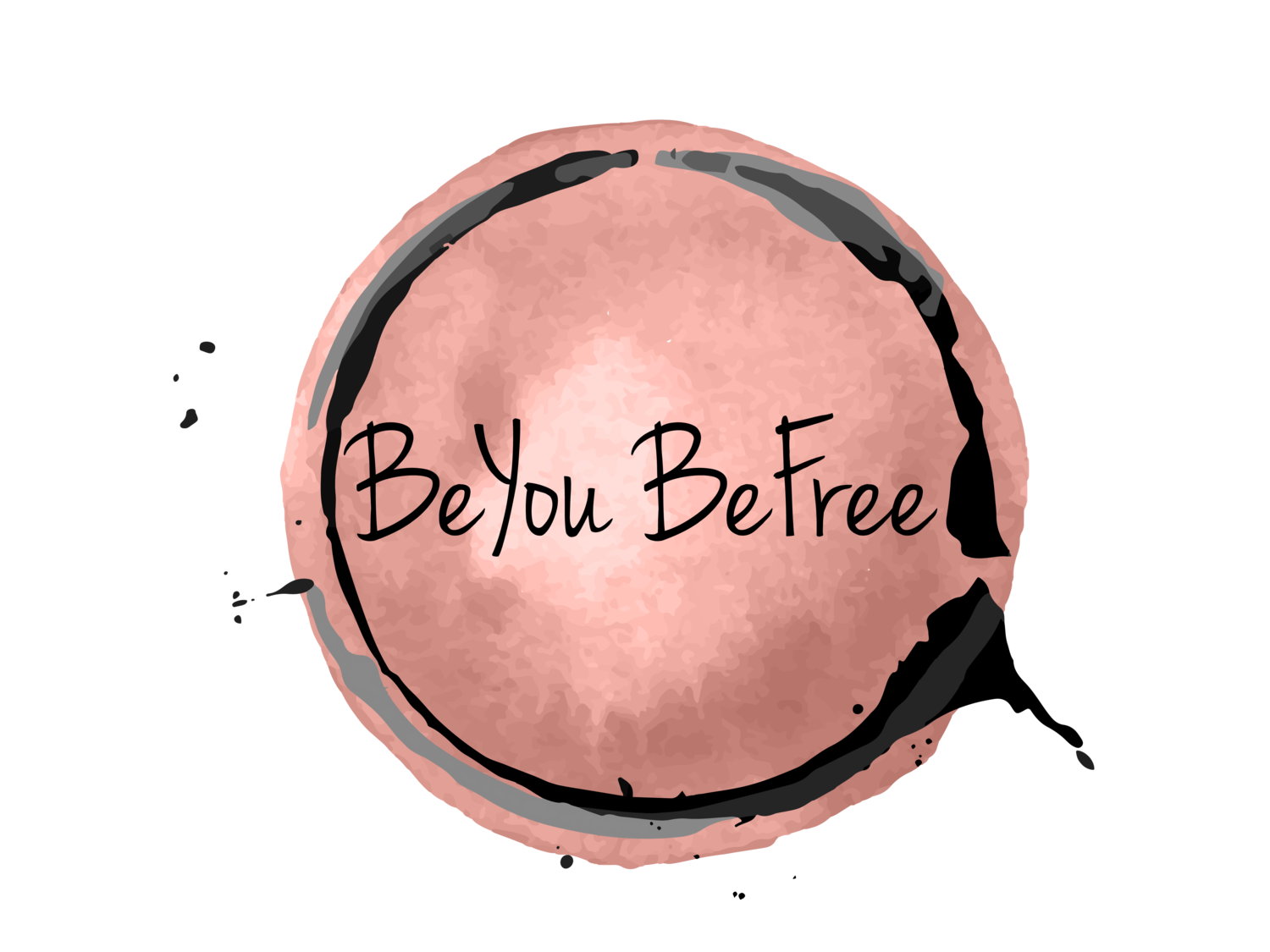Food freedom is waking up in the morning and choosing a breakfast that you enjoy; one that makes you feel good and that will satisfy you. It is going over to your friend’s house for a meal and not worrying about what they are serving you, how many calories are in the dish, or how they are cooking it, so you can be present and connect with them.
It is about feeling confident in your food choices, being flexible and eating a variety of foods for nourishment, pleasure and self-care. It’s knowing that all foods are neutral – cake is nothing more or less than cake, a carrot is just a carrot – and you now enjoy all foods that you like. No foods are off-limits. It is about being more in tune with your hunger and fullness signals and knowing which foods support you and feel good in your body.
Food freedom is fun nights out with your mates without worrying about the calories, it’s not thinking about food 99.99% of your day anymore so you have the brain space to pursue your true passions, and it’s about ordering the burger and chips you really wanted without the guilt, rather than the salad with the dressing on the side.
I never thought I would be able to achieve food freedom, and you might be feeling like that right now, too. I know how it feels and I hear you. But I want you to know that it is possible and that you can achieve food freedom.
Here are 3 tips to help you get you started.
Tip number 1- Stop dieting.
I know how challenging it is to break free from the diet mentality and you might still not be ready yet – and that’s okay. But when we are restricting food, following food plans and rules on what, when and how much to eat, we can’t achieve food freedom.
Stopping dieting is not easy, what worked for me was taking small steps, such as not counting calories for one of my meals, eating before I went to sleep at night rather than going to bed starving, and challenging myself to slowly eat all foods that I restricted.
Can you take one small step today?
Tip number 2- Honour your hunger
If we don’t feed our bodies when we are hungry or if we consistently undereat, we can’t achieve food freedom. Once we start honouring our hunger, our bodies begin to trust us, and we can start building a healthy relationship with food and ourselves. Keeping your body adequately fed and listening and responding to your hunger signals will lead to food freedom- because the more fed you are- the less you will think about food, I promise.
Tip 3- Make peace with food.
To achieve food freedom, you have to make peace with all foods- one of the ways to do this is to give yourself unconditional permission to eat all foods.
I know how scary this sounds. I was scared too.
Giving yourself unconditional permission to eat all foods is certainly not easy. It is a hard step to take, so starting small is the best way forward.
- Start by making a list of all your “banned” or “forbidden” foods.
- Choose the food that you feel the most comfortable starting with and allow yourself to eat that food freely, whenever you want, wherever you want. As you feel ready, keep introducing more foods, crossing them off your list as you go.
You might think that you won’t be able to stop eating these foods once you start – I thought this too. And at first, you might find that you do overconsume them for a while – that is a normal response to restriction. But after some time, the food will lose its intense appeal. It’s called habituation: once we habituate, or get used to, eating the food over and over, we lose the desire to eat it.
It is only once you have taken the first steps to break free from dieting, reconnect with your hunger and make peace with all foods, that you will be able to start your journey to food freedom.
P.S My book, Be You, Be Free will not only help you find complete food freedom, but it will also help you find body peace, joyful movement and will assist you in creating your version of wellbeing on your terms so that you can take care of yourself in the best way that works for you.
